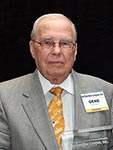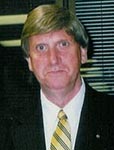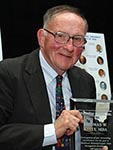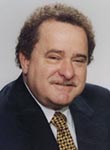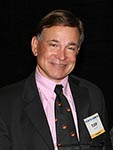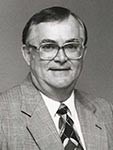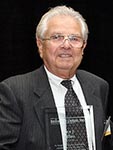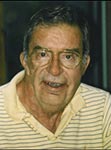
Dean S. Ammer, Ph.D., (1926-1999)
Ammer, an acclaimed Northeastern University professor of industrial engineering and economics, was a prolific author and speaker, regarded by many as the father of healthcare materials management – even in contemporary circles. As far back as the early 1960s, he advocated the effectiveness of purchasing, predicted that materials management would be viewed as a corporate position and a profit center and promoted a supply chain function that integrated a variety of operational components to service customers throughout the hospital. Although Ammer died in late 1999, his publications and influence remain popular and are still quoted and sourced today.
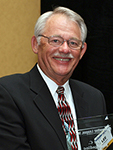
Lee C. Boergadine
Boergadine was known for his accomplishments and leadership as a supply chain management director for not-for-profit and investor-owned hospitals almost as much as his popular continuing education and training seminars. Through those seminars, hosted by Health Service Corporation of America’s Academy for Professional Development, Boergadine helped train more than 600 materials management professionals in the areas of finance and supply chain operations.
